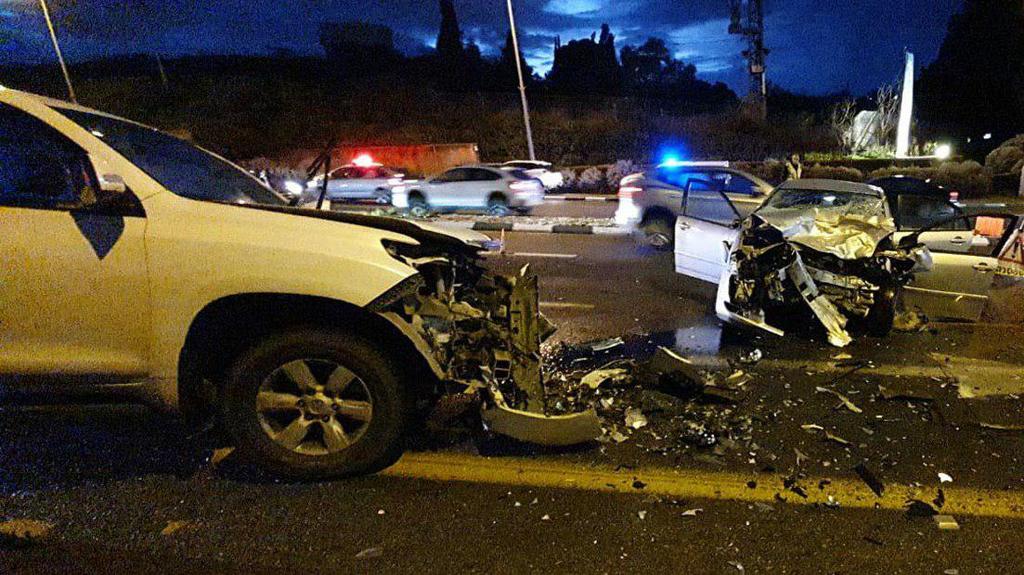On average, a pedestrian is killed every four days in road accidents in Israel, and a cyclist is killed every 20 days, according to the National Road Safety Authority.
In 2019, 349 people were killed in 314 accidents - constituting a rise in fatalities compared to 2018 when a drop was reported.
2 View gallery


The scene of a road accident resulting in one dead and two injured in northern Israel
(Photo: Avihu Shapiro)
The vast majority of lethal accidents in 2019 were caused by human error, mostly traffic violations or disregard for pedestrians' right of way. Only two of the 314 were a result of a technical malfunction.
The most significant rise of fatalities was among motorcycle riders. There were 68 motorcyclist fatalities in 2019, a rise of 55% from the year before.
Pedestrian deaths did drop slightly this year as did electric bike and scooter deaths, attributed to new regulations for speed limits and mandatory helmets, as well as a minimum age requirement (although that has not been effectively enforced).
The National Road Safety Authority sees government commitment and funding as crucial to lowering road accident fatalities, without which it says no real change can be made.
Erez Kita, CEO of the road safety NGO Or Yarok (Green Light), said 2019 was a failure for efforts to reduce fatalities.
"The Transportation Ministry must understand that cutting finds for life-saving programs has its price," he said.
Kita said that when the data was positive, all government ministries tried to claim a share of the credit, but when the data was bad, they all sought to lay blame on drivers.
"This is no way to save lives," he said.


